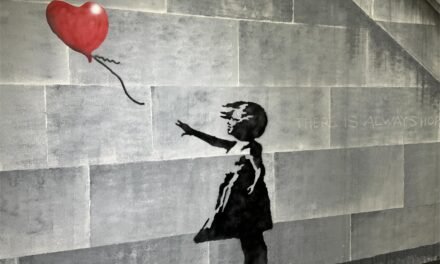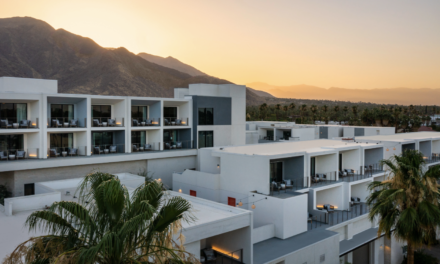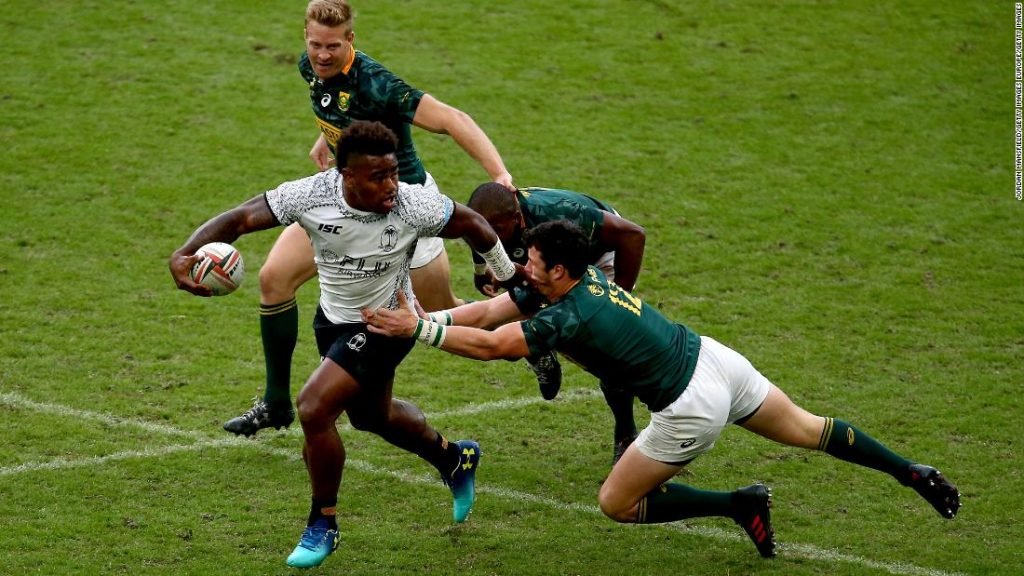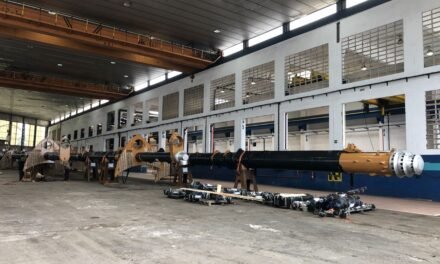
African Sevens Attracts Rugby Fans from Europe and America
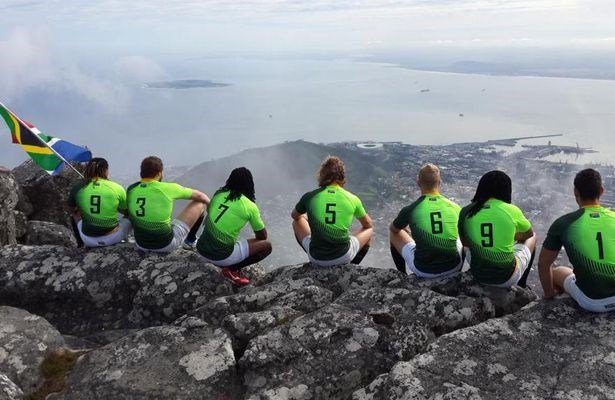
Rugby sevens in Southern and East Africa has gained much-deserved momentum over the recent years and, with it, drawing in more and more spectators, many of whom are international tourists.
According to Judy Lain, Wesgro’s Chief Marketing Officer, rugby sevens has definitely gained popularity over the recent years, pulling in large crowds coming to spectate.
Coralie van den Berg, General Manager of World Rugby African Association, Rugby Africa, explains that increasingly more tournaments are being developed by unions, especially in Southern and East Africa in partnership with sponsors and broadcasters and, in turn, are contributing to the enhanced popularity of the game.
This was reiterated by Glen Clement Sinkamba, Zambia Rugby Union President, in a statement: “Our partnerships with other unions across Africa have started yielding results.”
Van den Berg says the Cape Town Sevens, which is part of the World Series, sells out in a couple of hours, attracting huge crowds, with smaller events across Africa attracting various crowd sizes.
The size of the crowd depends on how well the event is promoted and commercialised, according to Van den Berg. “Typically in Southern Africa, Zambia and Zimbabwe have the biggest fan base for sevens.”
Further proof of this, was with the success of the recent Zambia International Sevens in September at the Polo Club in Lusaka, according to Sinkamba.
“The Safari Sevens tournament in Nairobi, Kenya, used to attract 20 000+ spectators,” says Van den Berg: “Sevens is hugely popular in Kenya.”
As for Uganda, Van den Berg says recently a sevens tournament between the Uganda Cranes and the French Military attracted over 10 000.
Van den Berg says a number of new sevens events have been launched in recent years in Namibia, Zimbabwe, Zambia, and Lesotho, all of which have been successful.
In December, 2017, the City of Cape Town hosted the South African leg of the HSBC Rugby Sevens World Series, which fed millions of rands into Cape Town’s economy.
Enver Duminy, CEO of Cape Town Tourism spoke about the benefits of hosting events such as the HSBC Rugby Sevens World Series in an article published by Tourism Update in December last year, saying: “Visitors come to the city for major events, spending on flights, accommodation, food, car hire and other transport. In addition, many visitors stay on in the city after the event, often booking tours and purchasing arts and crafts.”
Rugby sevens is promoting intra-African travel, according to Van den Berg: “African neighbours are definitely travelling to Cape Town for the World Series tournament in December, which is combined with their summer/Christmas break. There is certainly potential with other African events too.”
According to Phinidle Makwakwa, acting CEO of Tourism KwaZulu-Natal (TKZN), fans tend to follow their sporting code of choice, therefore if KZN were to host a tournament such as the rugby sevens games, this would result in a new audience for TKZN to showcase some of its other tourism offerings in the province.
“In some cases it might be fans who have never been to KZN before. It also means that, as spectators are enjoying the tournament, they can get out and explore the region between games. They will spend time in our pubs, at our hotels, on our beaches, and it might entice them to want to come back,” explains Makwakwa.
Apart from regional travellers, Van den Berg believes that African Sevens attracts rugby fans from Europe and America.
According to Lain, more and more international tourists are visiting Southern and East African countries to watch rugby sevens matches and then, as it is a long-haul destination, adding on an African itinerary.
“Some of the sevens events are hosted in attractive locations to capitilise on tourism potential,” says Van den Berg, using Victoria Falls Sevens and Swakopmund Sevens as examples.
“Cape Town and the Western Cape offer a diverse range of experiences, all within a few minutes or hours of the vibrant city centre. For food lovers, the town of George offers the unique experience to dine with the locals, while the Cape Karoo has the best stargazing in the Southern hemisphere. For the adrenaline seekers, there is shark-cage diving and whale watching,” says Lain.
Van den Berg suggests that international tourists should include Victoria Falls and game reserves of their preference, saying that to capitalise further on these events, a good initiative would be to couple two tournaments back to back in two interesting and not too distant locations over two weekends, and also offer an itinerary in between travelling from one country to the next.
The types of accommodation spectators tend to book range anywhere from large hotels, Airbnbs, guesthouses and so on, explains Van den Berg.


